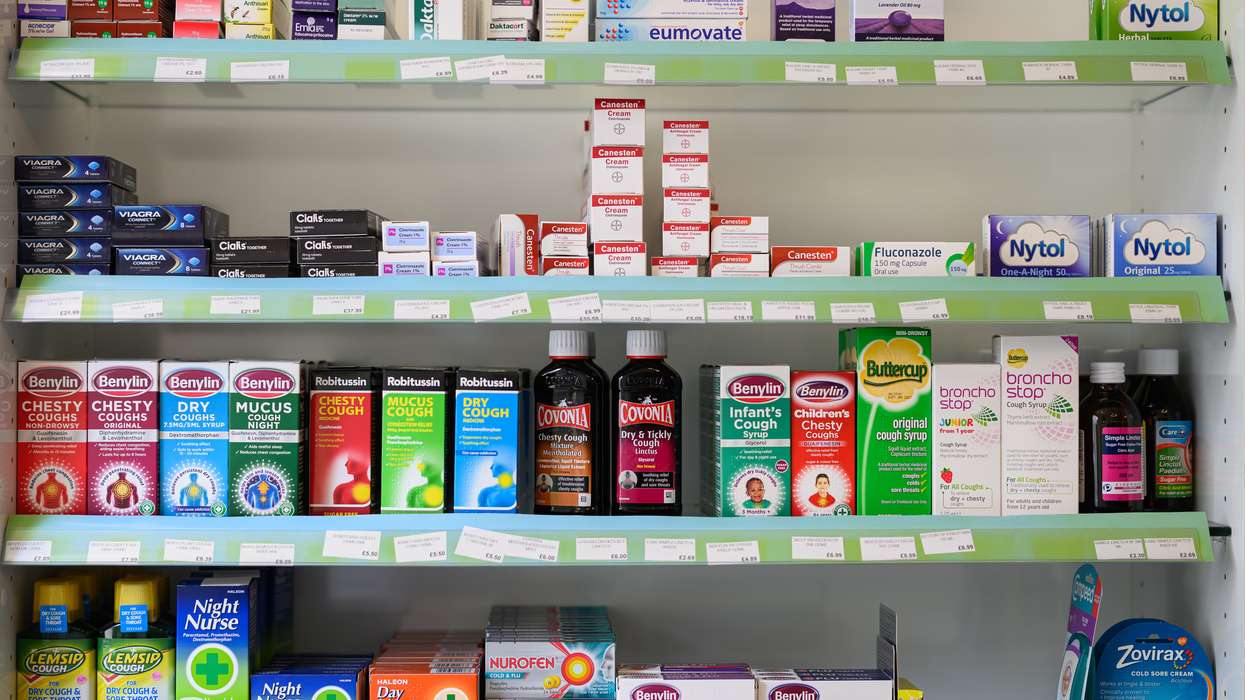Cutting the red tape that blocks pharmacists to alter the HRT prescription could ‘quickly fix’ the problem of women unable to access their HRT medicines, the Royal Pharmaceutical Society (RPS) told Daily Mail.
RPS has suggested that allowing pharmacists to prescribe alternative HRT treatment amid nationwide shortage of HRT medicine could help the women who are struggling to access these medicines.
Thorrun Govind, chair of the English Pharmacy Board, told MailOnline ‘changes in prescription rules need to be changed urgently.’
She added, 'For the pharmacists on the ground, they need the ability to get rid of this bureaucracy. When you think about it — who's best able to offer an alternative — that tends to be the pharmacist.'
MailOnline quoted Professor Claire Anderson, president of the Royal Pharmaceutical Society, as said, 'We welcome the Health Secretary meeting with key suppliers and manufacturers to find solutions to the current shortages. But cutting the red tape holding pharmacists back could provide a 'quick fix' that would allow 'women to access their HRT medicines more speedily'.
Claire said, 'At present, women have to go back to their GP to get a minor amendment made. Enabling pharmacists to alter prescriptions would also be far more efficient for the NHS.'
According to MailOnline report, London-based firm Theramex, which makes similar hormone replacement therapy gels, said it warned the Department of Health about the impending crisis last October.
Last week, Sajid Javid appointed Madelaine McTernan as the new HRT tsar to spearhead efforts to deal with shortages of the medicine. DHSC also has issued SSPs on three HRT medicines to limit dispensing supply to three months. To ensure women across the UK will be able to more reliably access HRT products SSPs has been issued on the supply of Oestrogel, Ovestin cream and Premique Low Dose.
DHSC stated: “Women who have a prescription for more than three months but are only able to access three months’ supply will not have to pay an additional prescription charge.”
On May 5, Sajid Javid and Madelaine McTernan, head of the HRT supply taskforce, met the drug manufacturers and representatives from community pharmacies discuss on ways to resolve the shortage of HRT medicines.
In the meeting, manufacturers outlined the steps they’re taking to boost supply, and pharmacists shared their experiences on the frontline, as well as sharing their thoughts on wider solutions including improved communications.
Aspen Pharmacare, Besins-Healthcare, Gedeon Richter, Novartis, Novo Nordisk, Orion, Pfizer, Theramex, Viatris, and representatives from community pharmacies were part of the meeting.
As the government confirmed its intention to work with industry to do what is necessary to fix the HRT supply issue, Javid said he wanted to understand the issues facing suppliers and what can be done to address them.
'Delaying this move will frustrate many who already pay for monthly HRT prescriptions and will further drive health inequalities already experienced by women across the country,’ Thorrun told MailOnline.
She added HRT prescriptions are 'essential' but also 'a financial drain during a cost-of-living crisis' as she called for prescription charges for such treatment to be scrapped entirely in England.











